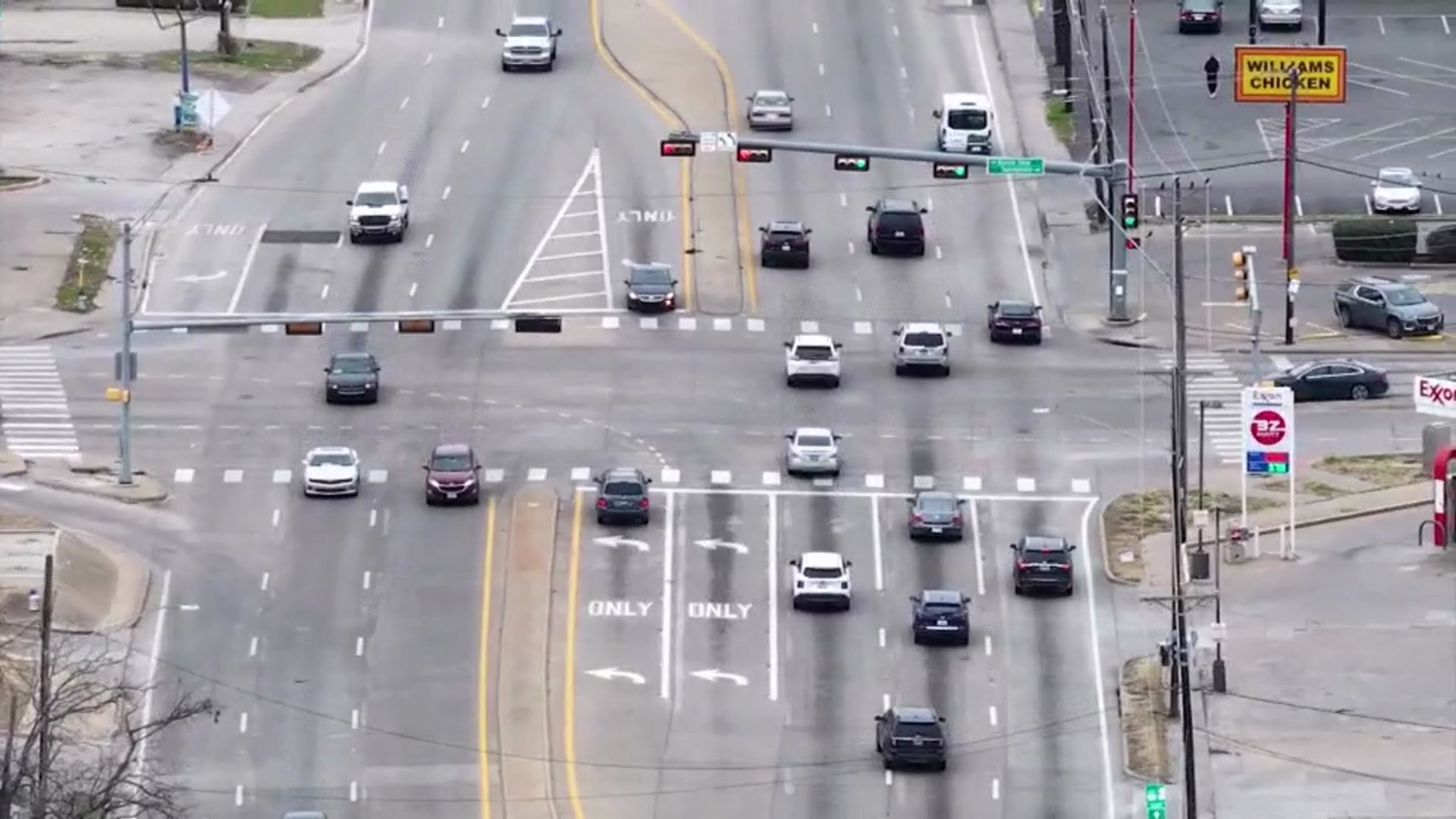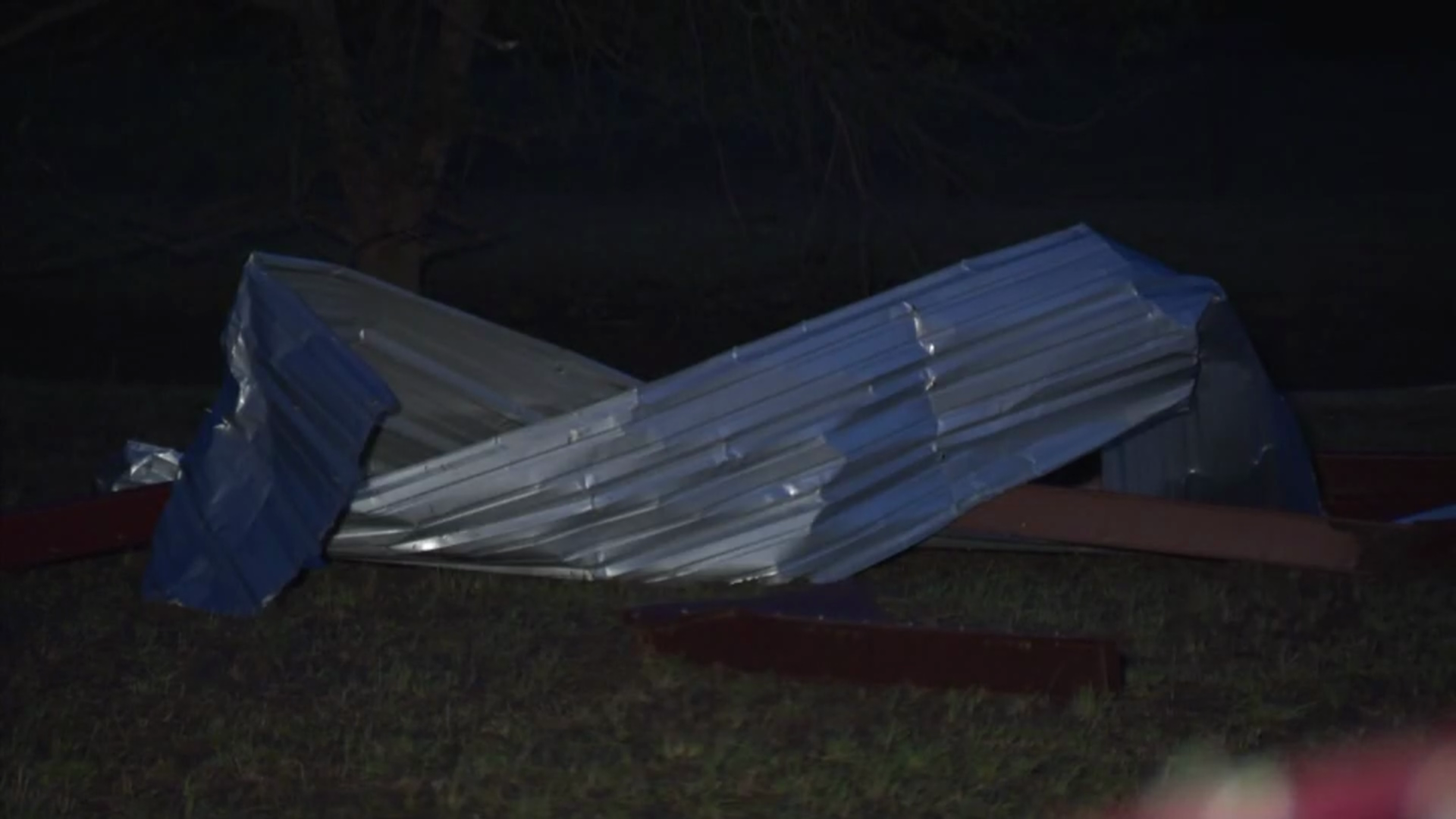Dallas/Fort Worth International Airport is in the midst of a multi-million dollar upgrade to a runway lighting system that is designed to prevent incursions and crashes.
The runway status lights (RWSL) are being updated approximately 10 years after D/FW Airport became the first airport in the United States to test the system.
The lights, similar in purpose to a traffic light system on a roadway, serve as a visual warning to pilots and drivers of other vehicles on the airfield to stop and stay off of active runways.
“Any type of event where two airplanes are on the same runway at the same time is unacceptable,” said Dean Krause, Air Traffic Manager at D/FW International Airport. “RWSL is a piece of equipment that I would fight for to make sure we kept at D/FW.”
D/FW is the fourth-busiest airport in the United States, capable of accepting more than 120 arrivals in an hour – a rate of two per minute – in addition to between 80 to 100 departures during that same time.
Runway status lights are embedded in the pavement of runways and taxiways and are automatically set to turn red when other traffic is present and therefore makes it dangerous to enter or cross a runway, according to the Federal Aviation Administration.
“What we’re doing is we’re just adding an extra layer [of safety] because in the business that we’re in there cannot be too many layers,” Krause said. “99.9 percent of the time we know what’s going on, but there is that one time where a pilot might question when we say, ‘Cross the runway,’ and he may say, ‘I see a red light.’”
Local
The latest news from around North Texas.
A runway incursion is a close call; an incident where an unauthorized airplane, vehicle or person is on a runway.
The deadliest accident in aviation history, the Tenerife disaster at Los Rodeos Airport in the Canary Islands in 1977, was a collision between two jetliners on the same runway. The crash killed 583 people.



